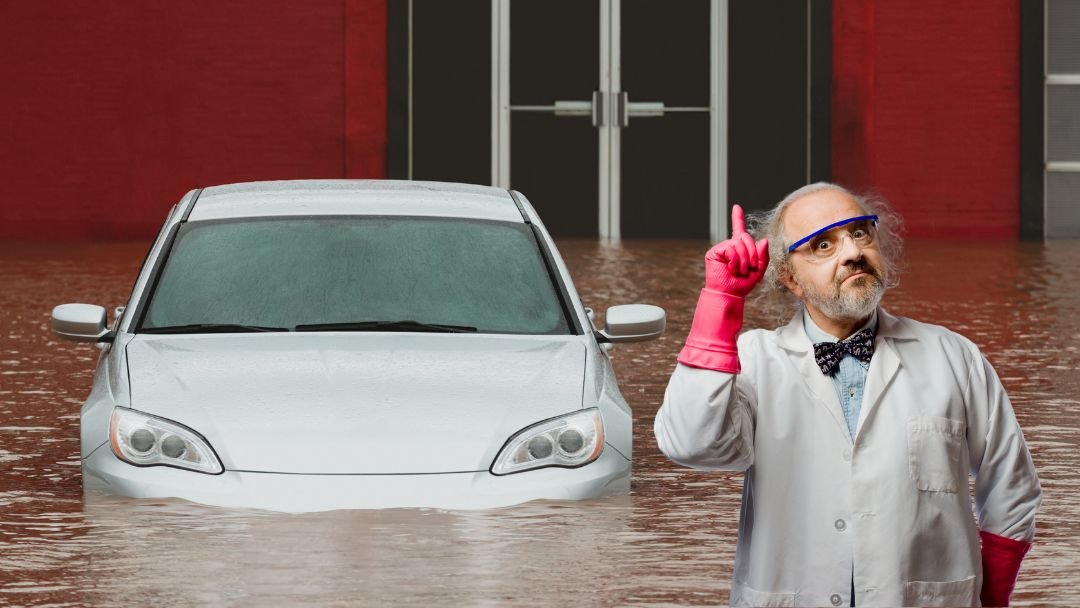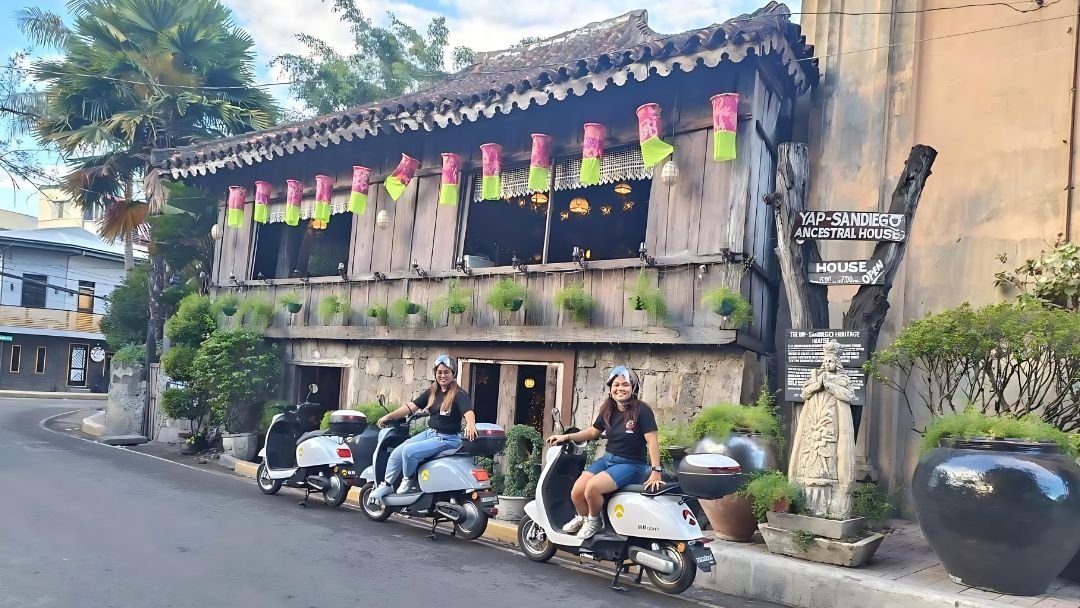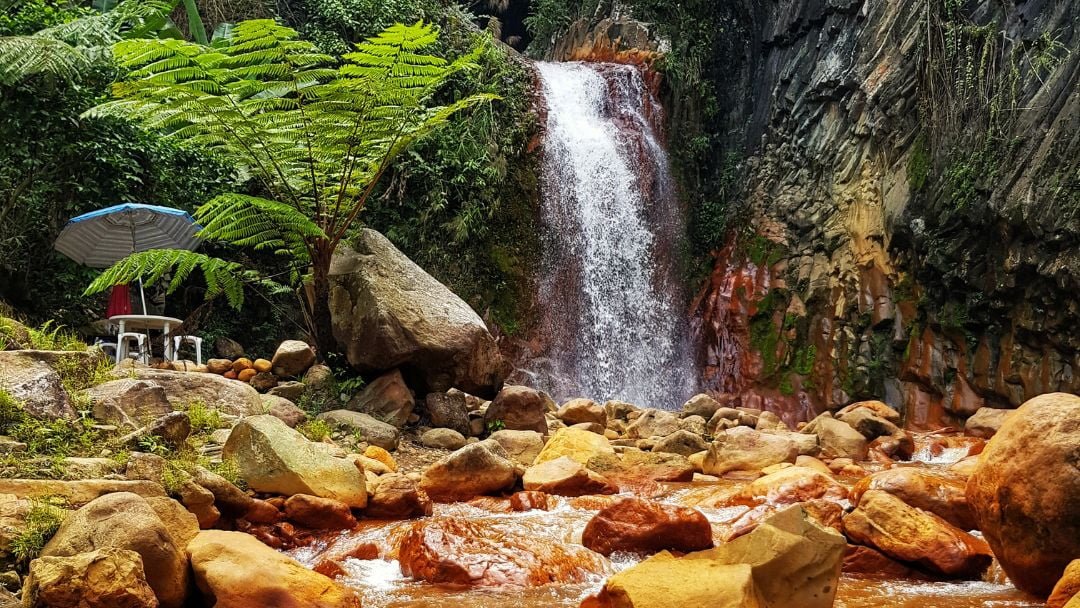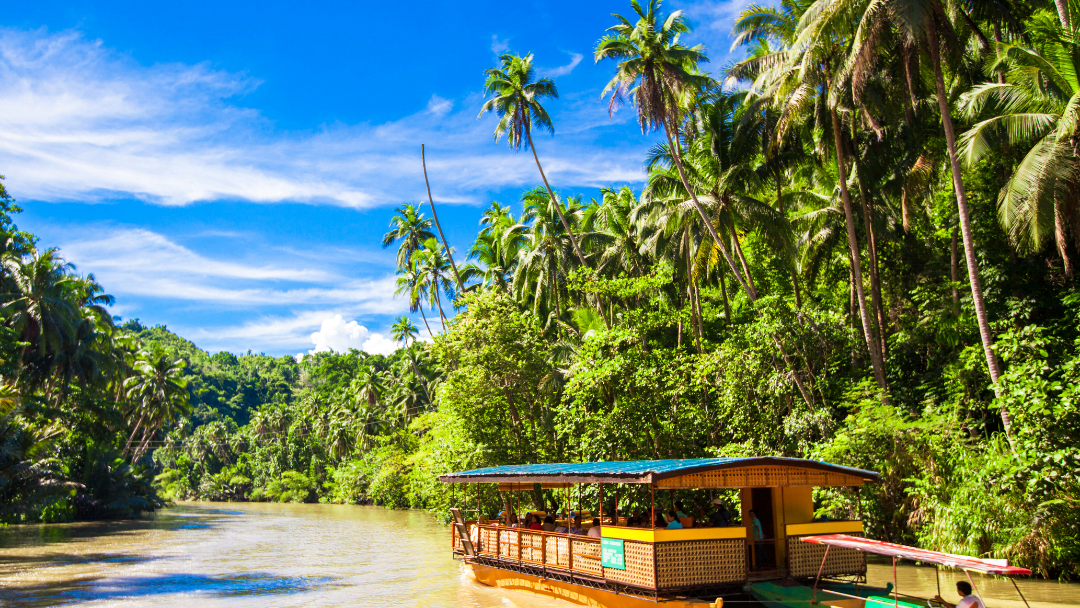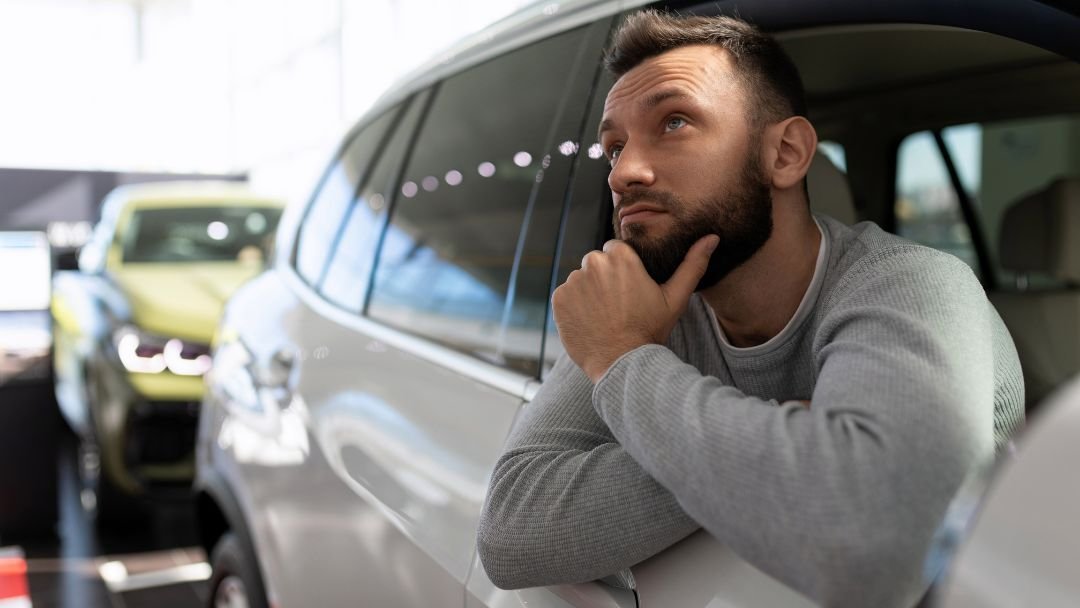Being involved in a vehicle accident can be a stressful and unsettling experience. Whether it’s a minor fender-bender or a more serious collision, knowing what steps to take afterward is crucial. Especially in the Philippines, where road conditions and traffic can pose challenges, being prepared for such situations is essential.
1. Introduction
Vehicle accidents can happen unexpectedly, and being prepared can make all the difference in ensuring safety and minimizing the impact of the incident. Knowing what to do in the moments following an accident can help protect yourself and others involved.
2. Stay Calm and Assess the Situation
The first and most important step after a vehicle accident is to remain calm. Check yourself and passengers for any injuries. If it’s safe to do so, move your vehicle to the side of the road to prevent further accidents.
3. Contact Emergency Services and Traffic Authorities
In case of injuries or significant damage, immediately dial 911 or the local emergency services number. Notify traffic authorities and await their signal before moving vehicles. Provide accurate details about the location and the nature of the accident to ensure prompt assistance.
4. Exchange Information
Exchange contact and insurance information with the other party involved in the accident. This includes names, phone numbers, addresses, license plate numbers, and insurance policy details.
5. Document the Accident Scene
Take photographs of the vehicles involved in the accident, including any damages sustained. Also, capture the surrounding area and any relevant road signs or signals. Note down the time, date, and weather conditions at the time of the accident.
6. Seek Medical Attention
Even if injuries seem minor, it’s important to seek medical attention. Some injuries may not be immediately apparent, and a medical professional can assess and treat them accordingly.
7. Report the Accident to Authorities and Request a Police Report
File a report with the police or relevant authorities as soon as possible. Request a police report for documentation purposes. Provide them with accurate details about the accident and cooperate fully with their investigation.
8. Inform Your Insurance Company
Contact your insurance company and inform them about the accident. Provide them with all the necessary details, including the police report number and any other relevant information.
9. Seek Legal Advice if Necessary
If the accident involves significant damages or injuries, consider seeking legal advice. A qualified attorney can help protect your rights and navigate any legal proceedings that may arise.
10. Follow-Up and Keep Records
Keep detailed records of medical bills, repair estimates, and any other expenses related to the accident. Stay in touch with your insurance company and follow up on the progress of your claim.
11. Know Your Rights
Understand your rights and entitlements under Philippine law regarding vehicle accidents. Familiarize yourself with the process of filing insurance claims and seeking compensation for damages.
12. Consider Alternative Transportation with Saferide Car Rental
If your vehicle is not drivable following the accident, consider alternative transportation options, such as renting a vehicle from Saferide Car Rental or using public transportation until your vehicle is repaired or replaced. This ensures that you can continue with your daily activities while your vehicle is being taken care of.
13. Stay in Touch With Authorities
Stay in communication with the authorities handling your case. Follow up on any inquiries or requests for additional information promptly to ensure a smooth resolution.
14. Consider Preventive Measures
Learn from the accident and take steps to prevent future occurrences. This may include defensive driving courses, vehicle maintenance checks, and staying informed about road safety regulations.
15. Conclusion
In conclusion, being involved in a vehicle accident can be a harrowing experience, but knowing how to handle the situation can make a significant difference. By staying calm, following the necessary steps, and seeking appropriate assistance, you can ensure the safety of everyone involved and mitigate the impact of the accident.
Is it necessary to involve the police in every vehicle accident?
It’s advisable to involve the police in any accident involving injuries, significant property damage, or disputes regarding fault. A police report can provide valuable documentation for insurance claims and legal proceedings.
What should I do if the other party involved in the accident refuses to provide insurance information?
If the other party refuses to provide insurance information, try to gather as much information as possible, including their license plate number and vehicle details. Report the incident to the police and your insurance company immediately.
How long do I have to report a vehicle accident to my insurance company?
It’s best to report the accident to your insurance company as soon as possible, ideally within 24 hours of the incident. Delaying the report may affect the processing of your claim.

